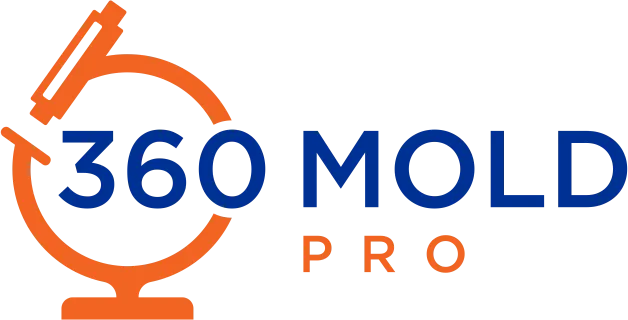CALIFORNIA
MOLD LAW
CALIFORNIA SB 655 SUMMARY
CALIFORNIA SB 655 SUMMARY
1. Tenant-Landlord Mold Repair Responsibilities:
• Landlords are not required to repair mold-related damages until they have been notified of the mold or if the tenant hasn't met specific responsibilities.
• Landlords are permitted to enter a dwelling to address mold-related issues under particular conditions.
2. Mold Definition and Legal Implications:
• The State Housing Law defines standards for buildings meant for human habitation.
• The bill includes visible mold growth (with specific exceptions) as a form of inadequate sanitation, making a building substandard.
• Mold is defined as microscopic organisms or fungi that can grow in damp interior conditions of a building.
• Making visible mold growth a substandard condition expands the definition of a crime, leading to the imposition of a state-mandated local program.
3. Reimbursement Stipulations:
• The state will not reimburse local agencies or school districts for any costs related to this bill.
• Section 1941.7 of the Civil Code: Outlines the conditions under which a landlord is obligated to repair mold-related damages and the circumstances under which they can enter a dwelling for mold-related repairs.
• Section 17920 of the Health and Safety Code: Provides definitions related to housing and sanitation, including the definition of mold.
• Section 17920.3 of the Health and Safety Code: Details conditions that make a building substandard, including the presence of visible mold growth.
• Section 4: Stipulates that no reimbursements are required due to the act's implications on crime definitions and penalties.
Actual law text: https://leginfo.legislature.ca.gov/faces/billNavClient.x.hl_style-control .button-CbVPNLEhwC
Get in Touch
Reach out for inquiries or collaborations.
